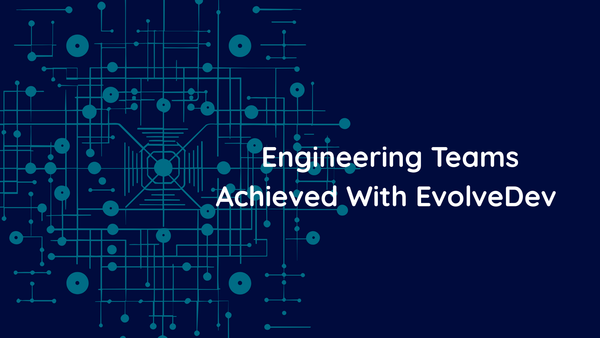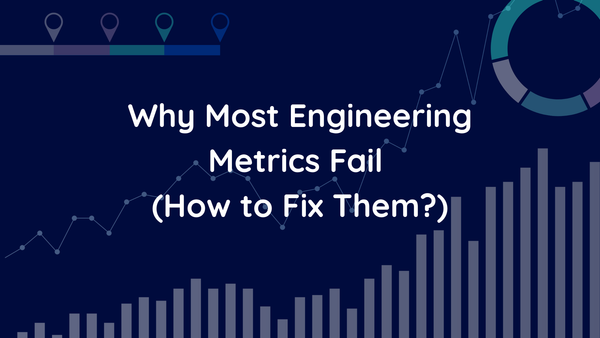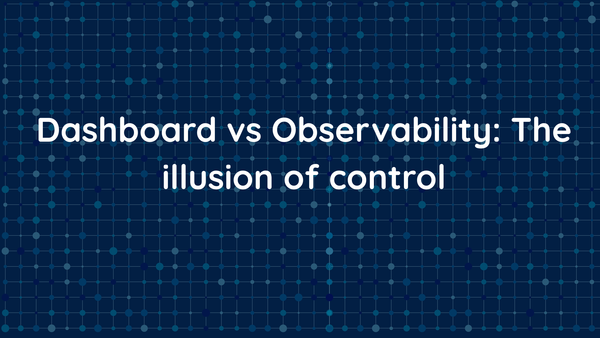Agentic AI Platforms for Enterprise
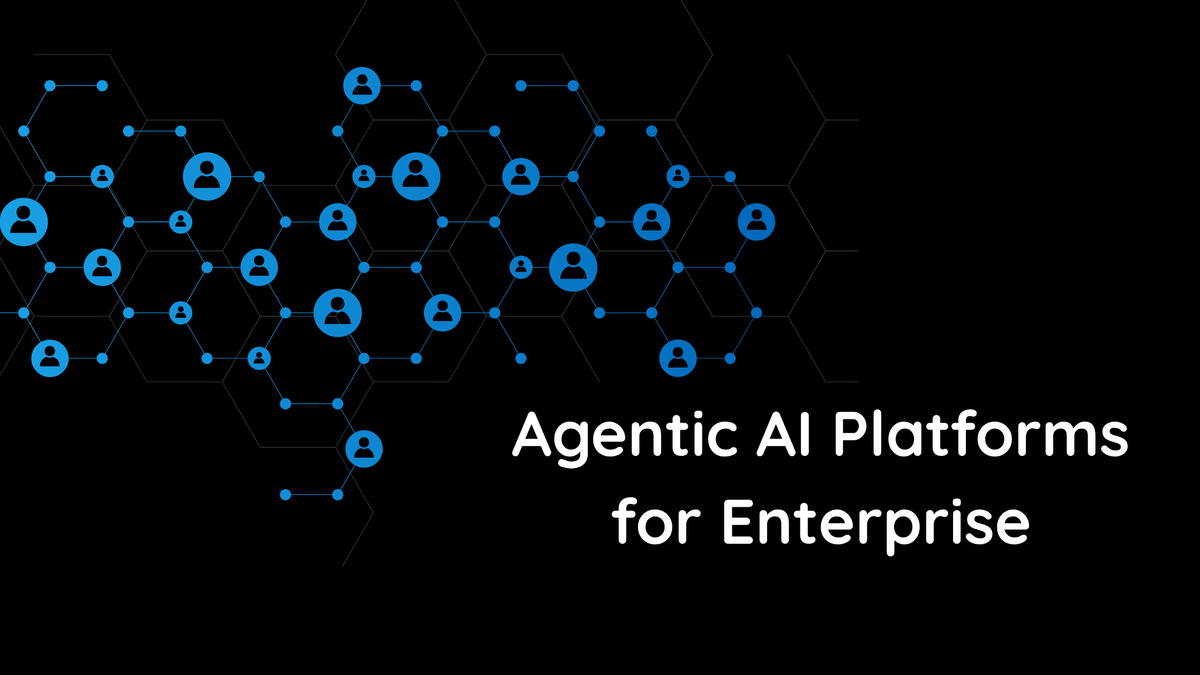
I've been watching the enterprise software space closely, and this week's announcements from Salesforce and Amazon have me convinced we're at an inflection point.
Agentic AI platforms are no longer futuristic concepts; they're here, and they're going to fundamentally change how we think about engineering organization and developer productivity.
What Makes This Different?
For the past few years, I've experimented with AI coding assistants. They're helpful, sure.
But agentic AI platforms?
They're operating at a completely different level. These aren't tools that autocomplete your code; they're autonomous agents that can understand business context, navigate multiple systems, and execute complex workflows without constant human oversight.
Salesforce's Agentforce 360 and Amazon's Quick Suite represent something I've been anticipating: AI that doesn't just support developers but actively participates in the software development lifecycle.
The Impact on Engineering Leaders
Here's what keeps me up at night (in a good way): how will this reshape our approach to developer experience and engineering metrics?
I've always believed that measuring the right things matters.
The DORA metrics and the SPACE framework have given us language to talk about developer productivity beyond just lines of code.
But agentic AI introduces new variables into the equation. When an AI agent can handle API integrations, manage routine code complexity issues, and even reduce engineering rework rate, how do we measure team effectiveness?
The 2021 Forsgren, Storey, and Zimmermann paper on the SPACE framework emphasized that productivity is multidimensional. I think we're about to add another dimension: human-AI collaboration efficiency.
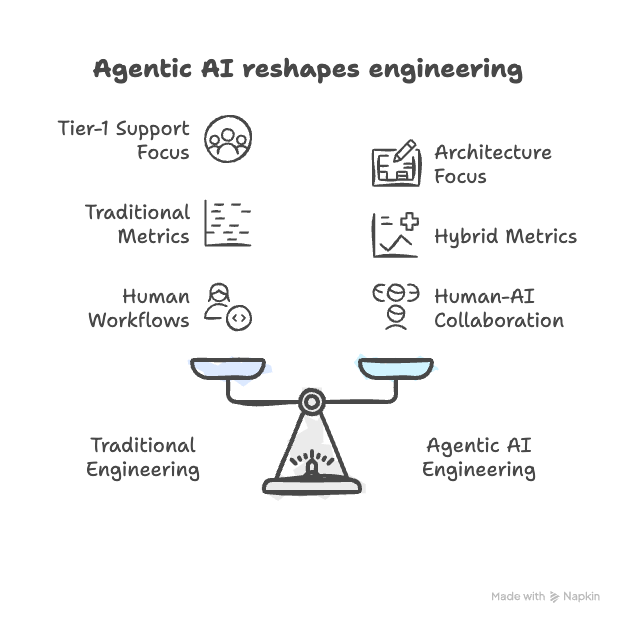
What This Means for Your Team
From a team management perspective, I'm thinking about three immediate impacts:
First, the types of team structures we build might need to evolve. If agentic AI can handle tier-1 support, basic integrations, and routine maintenance, our engineers can focus on architecture decisions and complex problem-solving.
Second, our approach to engineering data and custom dashboards needs updating. We'll need new metrics to understand AI agent performance alongside human contributions. Traditional software engineering intelligence tools weren't built for this hybrid model.
Third, developer experience takes on new meaning. Instead of just optimizing for human workflows, we're now designing for human-AI collaboration.
The Bottom Line
I'm not suggesting we rush to replace our engineering teams with AI agents. That's not the point, and honestly, it misses the opportunity. The real value lies in augmentation, letting AI handle the repetitive, time-consuming work that drains engineering excellence from our teams.
What excites me most is the potential to address the engineering ROI challenge that every leader faces. If we can reduce rework rate, accelerate integrations, and free up our best people for strategic work, the productivity gains could be transformative.
The question isn't whether agentic AI will impact your engineering organization; it's how quickly you'll adapt to leverage it. Based on what I'm seeing this week, that timeline just got a lot shorter.
What's your take on agentic AI platforms? I'm intrigued by how other engineering leaders are thinking about this shift.


